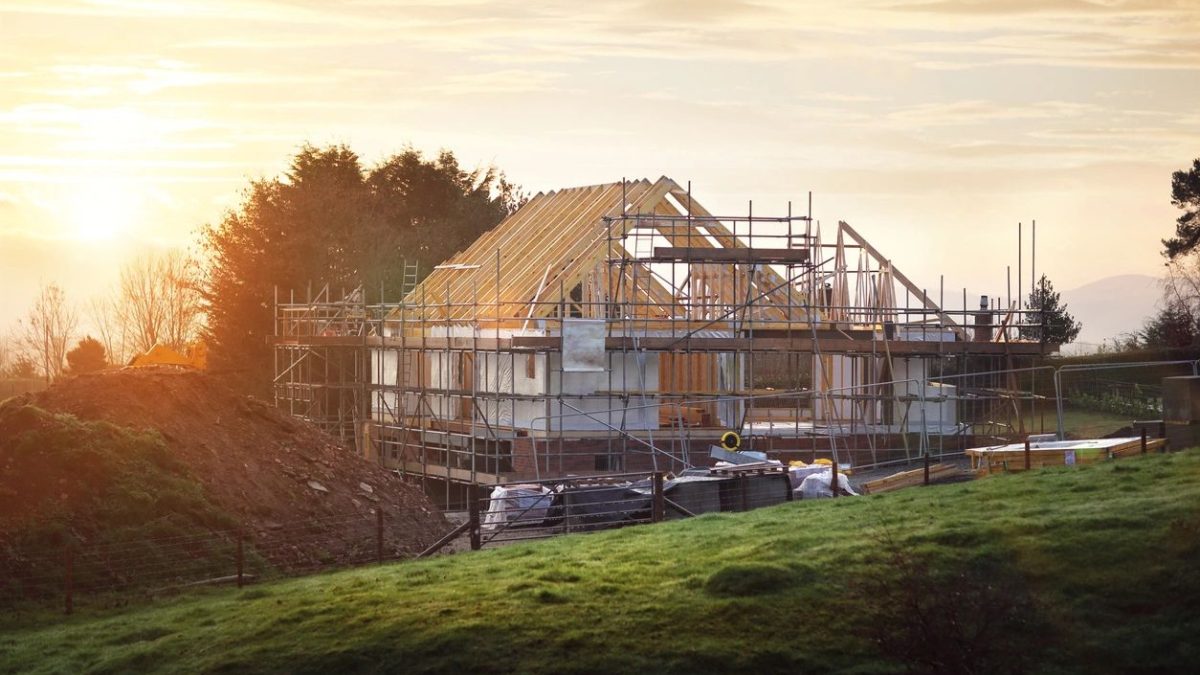
Building a new home rather than buying has come into vogue over recent years due to a range of different benefits. For one thing, it can work out considerably cheaper than looking for a ready-built home on the market, due to the control you have over what goes in and what stays out. For the same reason, it is possible to get a home that fits more closely with what you really want. In order for both of the above benefits to be the case, though, you need to stringently project-manage the experience.
Being a project manager does not require any specific qualifications, but it is certainly something that should not be embarked upon without having some ground rules set in stone. If you can keep on top of the process, it can result in getting your dream home for a price that is perfectly affordable – and one which, should you ever need to sell, will realize a positive profit on the open market.
Work with contractors who are as open-minded as you are
If you are managing the process of a new home build, it is wise to ensure that you actually do very little of the building work yourself. You need to be in a position to oversee the process without bias, and that means picking contractors who are good at what they do. Ask a range of questions of anyone who will be working on the build: What techniques do they use? Is there scope to use special equipment, such as an exoskeleton suit for lifting on some of the difficult parts of the structure? Can they be flexible on some aspects of the delivery? From your side, your most important task is to make this a job they’re happy to come to – if that means keeping them fed and providing facilities, that’s what you should do.
Make a plan early and stick to it (within reason)
The worst thing any productive contractor can hear from a project manager is “I know we’ve started doing it this way, but…”.
Changing plans and ideas are a sure way to end up spending much more on the project than you were intending to, but worse than that, they are a way to annoy everyone and put in place an atmosphere that is simply toxic for a development. If people aren’t sure what they’re doing from one day to the next, it will affect the quality of the work they do. When everyone knows their job, they can move from task to task seamlessly and it will show in the finished project. Also, it will prevent the budget from running out of control.
Be prepared for setbacks
Even when you’ve planned tightly and secured the best people for the job, it’s a good idea to accept early on that stuff happens. Suppliers may deliver the wrong floor tiles, or weather may get in the way of key groundwork. Some things are out of your control, and there are two essential things to remember in any setback. Firstly, communicate clearly with the contractors and explain any drawbacks – they may have beneficial ideas on how to work around the problem. Secondly, work one problem at a time. Sometimes, a lot of things happen at once, but there is only one you and trying to do everything at the same time will just mean nothing gets fixed. Focus on an issue, repair it, move on to the next, and repeat.
















